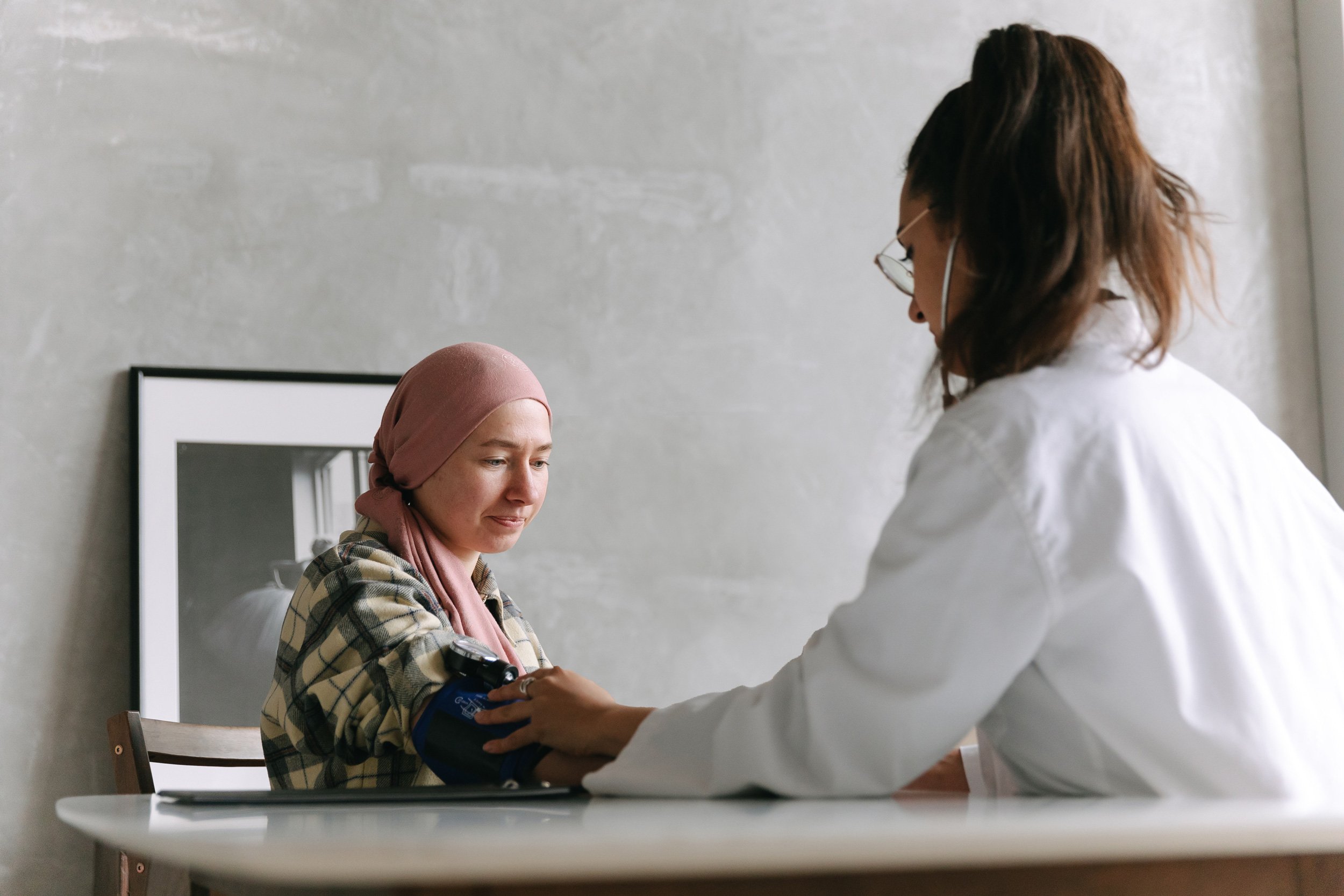The OncANP is a professional organization with a membership of licensed Naturopathic Doctors (NDs), naturopathic medical students and allied providers from across North America.
The OncANP advocates for collaboration with conventional providers, and is dedicated to advancing the science and application of naturopathic medicine within the field of standard cancer care and treatment.
Advanced training of Naturopathic Doctors in Oncology is supported through the OncANP. Successfully board-certified members are awarded the status of Fellow by the American Board of Naturopathic Oncology (FABNO). These Fellows meet the highest standard of the profession.

What is Naturopathic Oncology?
Naturopathic Doctors (NDs) trained in integrative cancer care play an important role in the support of people diagnosed with cancer through survivorship. They provide evidence-informed guidance on the safe and effective use of natural and supportive therapies when combined with conventional treatment.
Combining naturopathic and conventional medicine supports the pursuit of the best possible outcomes for patients. Goals are to improve quality of life, manage side effects, help speed recovery, prevent a recurrence, and provide education for a healthy lifestyle.
Support for Symptom Management & Chronic Conditions:
NDs provide support for side effects, common symptoms and chronic conditions patients experience during cancer treatment.
Cancer treatment side effects: Fatigue, Pain, Mucositis, Nausea and Vomiting, Diarrhea or Constipation, Dermatitis, Peripheral Neuropathy.
Common chronic conditions: Allergies, Anxiety, Autoimmune Conditions, Depression, Diabetes, Fatigue, Hypertension, Hyperlipidemia, Insomnia, Osteoarthritis, Pre-Postmenopausal Symptoms, Reflux Esophagitis.
The OncANP advocates for collaboration with conventional providers, and is dedicated to advancing the science and application of naturopathic medicine within the field of standard cancer care and treatment.
The OncANP supports Advanced Training of Naturopathic Doctors in Oncology awarding board-certified members the status of Fellow by the American Board of Naturopathic Oncology (FABNO). These Fellows meet the highest standard of the profession.
For more information on naturopathic medicine in general visit American Association of Naturopathic Physicians and Institute for Natural Medicine
What is Integrative Oncology?
Integrative oncology provides patients with safe options for combining conventional cancer
treatment with natural and supportive therapies. The goal of this collaboration among multi-disciplinary health care providers is to best support optimal health and well-being: physically, mentally, and emotionally.
Within this model of integrative oncology, all providers work together to improve a patient’s quality of life. Patients benefit from a coordinated approach to care as Naturopathic Doctors (NDs) collaborate with conventional providers at all stages:
At the time of diagnosis: to prepare the patient for what lies ahead.
During active treatment: to reduce side effects and potentially improve response to conventional care.
Post-treatment: to help with recovery and support prevention of recurrence with healthy lifestyle education.
Medical oncologists, surgeons, and radiation oncologists focus their conventional, standard of care treatment on targeting tumor eradication.
NDs practicing integrative cancer care use natural and supportive therapies to reduce side effects, help optimize conventional care, and prevent a recurrence.
The integrative oncology approach allows for shared medical records among providers, a higher standard of safety, and optimal patient-centered care.
The Need for Naturopathic Oncology
Surveys estimate that over 80% of people with cancer are choosing to use natural and supportive therapies alongside their conventional treatments. (1,2)
Naturopathic Doctors (NDs) practicing integrative cancer care use natural and supportive therapies to reduce side effects, to help optimize conventional care, and to prevent a recurrence.
Therapeutic care is non-invasive and includes acupuncture, botanical medicine, physical medicine, clinical nutrition, and lifestyle counseling. Combining naturopathic and conventional medicine supports the pursuit of the best possible outcomes for patients. NDs are important advisors in this collaborative approach, offering safe, evidence-informed guidance for patients and their conventional providers about options for natural and supportive care.
Richardson MA, Sanders T, Palmer JL, et al. Complementary/Alternative Medicine Use in a Comprehensive Cancer Center and the Implications for Oncology. J Clin Oncol 2000 Jul;18(13):2505-1
Patricia L. Judson, MD, Reem Abdallah, MD, et al. Complementary and Alternative Medicine Use in Individuals Presenting for Care at a Comprehensive Cancer Center. Integrative Cancer Therapies 2017, Vol. 16(1) 96–103

